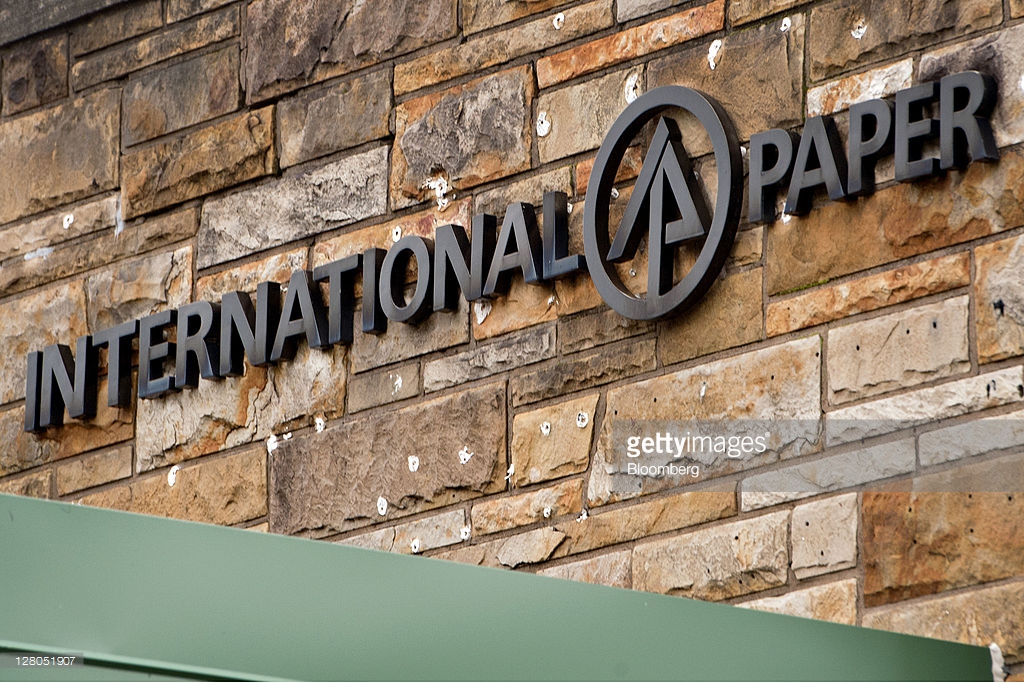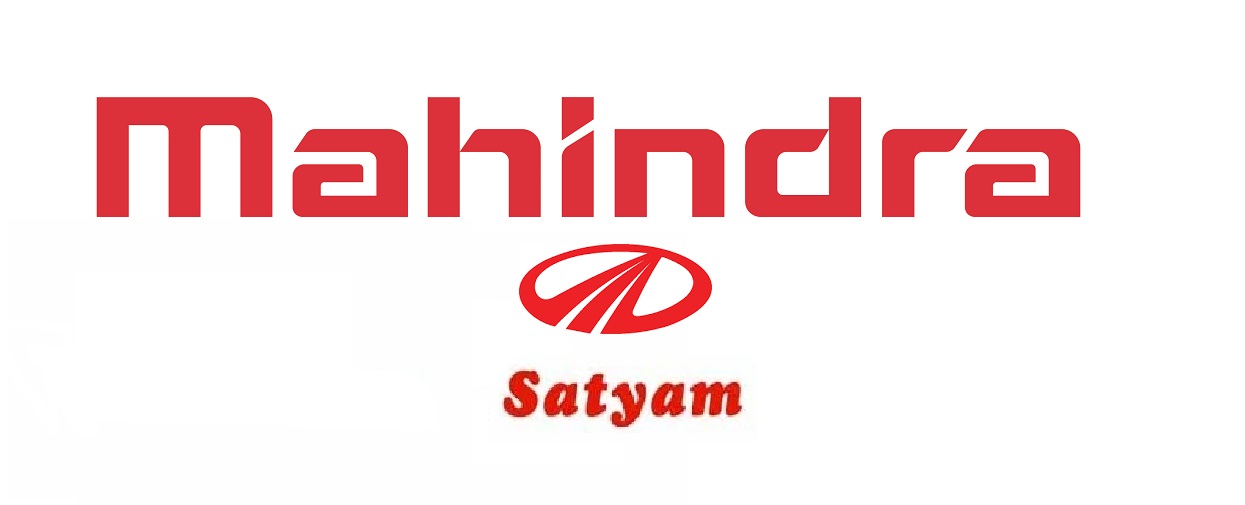For independent investment banks that count on mergers and acquisitions for their livelihood, it’s all about the deal pipeline. At Greenhill & Co., that pipeline is looking a little thin.
The New York-based firm competes against bulge-bracket rivals like Bank of America and JPMorgan for mandates. With the deal environment still healthy, all are jostling for advisory roles.
But last week, Credit Suisse downgraded Greenhill’s stock to “underperform” on concern the firm’s backlog of fee revenue won’t be quickly replaced. That’s partly because of its recent outsize reliance on one particular client: Teva Pharmaceutical Industries.
Greenhill is set to receive some $50 million in fees from advising Teva on its $40.5 billion acquisition of Allergan’s generics unit, as well as some other smaller transactions. The Allergan deal closed in early August, meaning Greenhill can recognize the majority of that fee haul this quarter.
If the firm doesn’t have a hand in any large deals or a bigger number of mid-sized transactions through year-end, its future revenue pool will look a little light.
For what it’s worth, Greenhill CEO Scott Bok said in April that analyst projections of its 2016 revenue were “too low by a significant margin.” It’s notable that since then, consensus estimates for the year have barely changed, remaining at $304 million. On top of that, analysts project that same amount of next year’s revenue as well, indicating expectations for zero growth.
Although its stock fell sharply after June’s surprise Brexit vote, it has recovered in line with peers as market watchers decided M&A activity may not cool as quickly as feared.
The shares are still down 22 percent year to date, but that doesn’t necessarily make them a bargain. At 15.5 times Greenhill’s forward earnings, the stock trades at a premium to peers including Lazard, Moelis & Co., and Evercore Partners. Some skeptics have already made their mark, with 9.3 percent of the firm’s shares sold short, according to data compiled by Markit. That’s roughly triple Greenhill’s most-betted-against peer, Moelis, at 3.3 percent.
For the stock to regain momentum, Greenhill will need to start stringing together a handful of advisory wins, and from a client other than Teva.
Recent Articles on M&A
Source: Bloomberg.com




